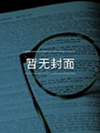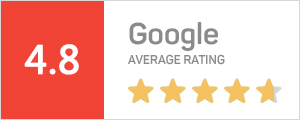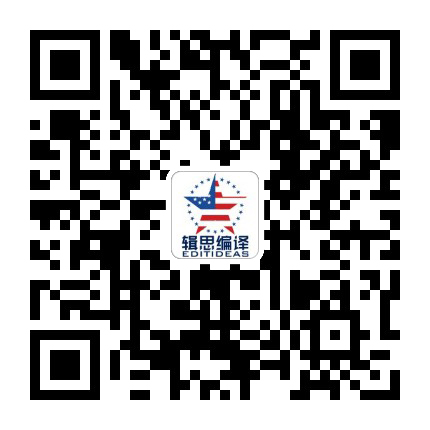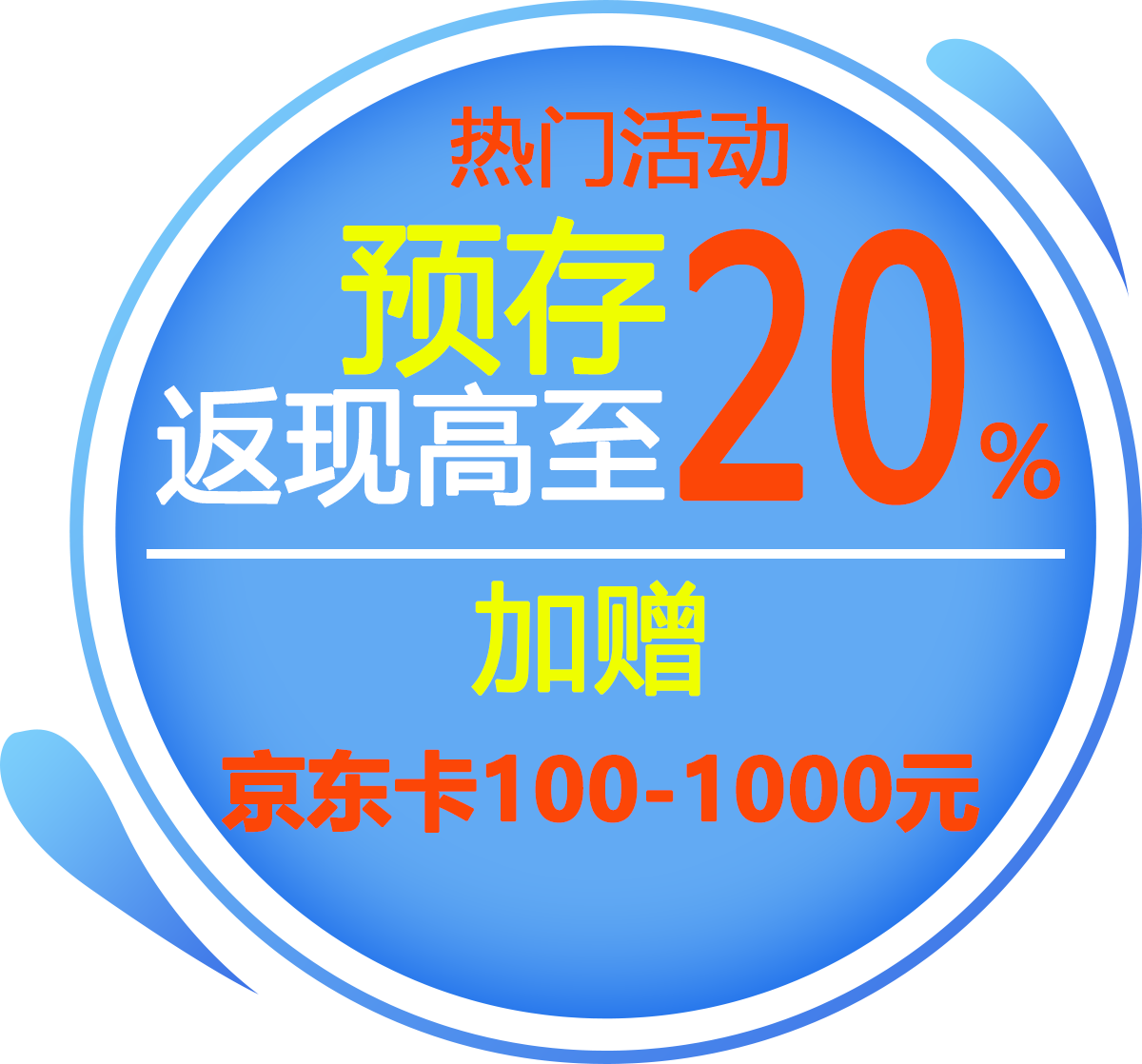2025年最新SCI期刊影响因子查询系统
Journal of Cardiovascular Nursing 期刊详细信息
基本信息
|
期刊名称

|
Journal of Cardiovascular Nursing J CARDIOVASC NURS |
|---|---|
| 期刊ISSN | 0889-4655 |
| 期刊E-ISSN | 1550-5049 |
|
2023-2024最新影响因子
(数据来源于搜索引擎)
|
2.6 |
| 最新影响因子 | 截止2025年5月19日:2.455 |
| 五年影响因子 | |
| JCI期刊引文指标 | 0.92 |
| 期刊官方网站 | http://journals.lww.com/jcnjournal/pages/default.aspx |
| 是否OA | |
| 出版商 | Lippincott Williams and Wilkins Ltd. |
| 出版周期 | Bimonthly |
| 始发年份 | 1986 |
| 年文章数 | 76 |
| Gold OA文章占比 | 8.19% |
|
研究类文章占比:
文章 ÷(文章 + 综述)
|
94.74% |
| 收稿范围 | UNITED STATES |
| 期刊投稿网址 |
CiteScore
| CiteScore | SJR | SNIP | CiteScore排名 | ||||||||||||
|---|---|---|---|---|---|---|---|---|---|---|---|---|---|---|---|
| 3.50 | 0.611 | 0.737 |
|
WOS期刊SCI分区 (2024-2025年最新版)
| 按JIF指标学科分区 | 收录子集 | JIF分区 | JIF排名 | JIF百分位 |
| 学科:CARDIAC & CARDIOVASCULAR SYSTEMS | SCIE | Q2 | 92/230 |
|
| 学科:NURSING | SCIE, SSCI | Q1 | 31/192 |
|
| 按JCI指标学科分区 | 收录子集 | JCI分区 | JCI排名 | JCI百分位 |
| 学科:CARDIAC & CARDIOVASCULAR SYSTEMS | SCIE | Q2 | 62/230 |
|
| 学科:NURSING | SCIE, SSCI | Q2 | 59/192 |
|
中国科学院SCI期刊分区(2025年3月最新升级版)
| 大类学科 | 小类学科 | Top期刊 | 综述期刊 | ||||
|---|---|---|---|---|---|---|---|
| 医学 4区 |
| 否 | 否 |
中国科学院SCI期刊分区( 2023年12月升级版)
| 大类学科 | 小类学科 | Top期刊 | 综述期刊 | ||||
|---|---|---|---|---|---|---|---|
| 医学 4区 |
| 否 | 否 |
中国科学院SCI期刊分区( 2022年12月旧的升级版)
| 大类学科 | 小类学科 | Top期刊 | 综述期刊 | ||||
|---|---|---|---|---|---|---|---|
| 医学 3区 |
| 否 | 否 |
补充信息
| 2023-2024自引率 | 11.50% | |
|---|---|---|
| H-index | 51 | |
| SCI收录状况 | Science Citation Index Expanded (SCIE) (2020年1月,原SCI撤销合并入SCIE,统称SCIE) Social Science Citation Index (SSCI) Scopus (CiteScore) |
|
| 官方审稿时间 | >12周,或约稿 |
|
| 网友分享审稿时间 | ||
| PubMed Central (PML) | http://www.ncbi.nlm.nih.gov/nlmcatalog?term=0889-4655%5BISSN%5D | |








